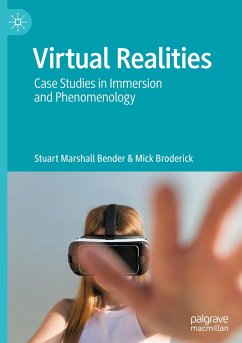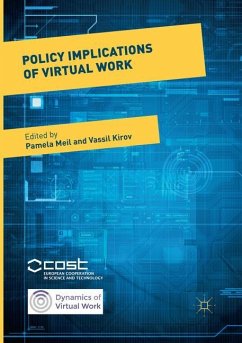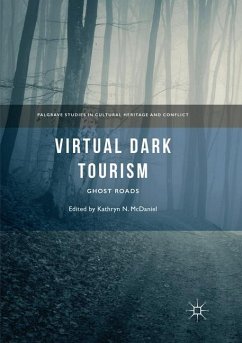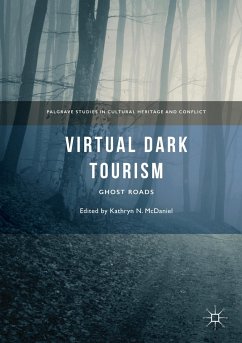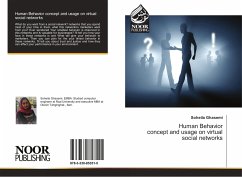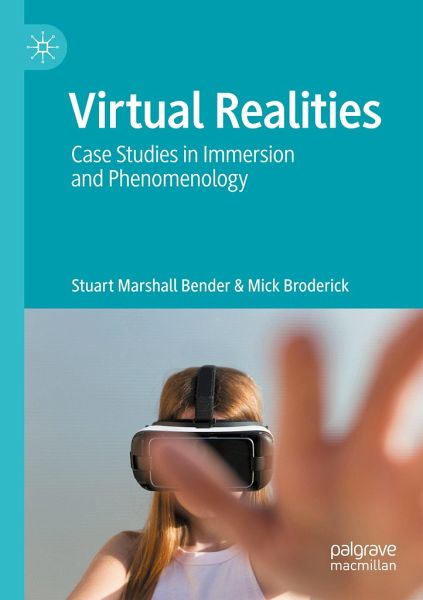
Virtual Realities
Case Studies in Immersion and Phenomenology
Versandkostenfrei!
Versandfertig in 6-10 Tagen
46,99 €
inkl. MwSt.
Weitere Ausgaben:

PAYBACK Punkte
23 °P sammeln!
Virtual Realities presents a ground-breaking application of phenomenology as a critical method to explore the impact of immersive media. Specific case studies examine 360-degree documentary productions about trauma, virtual military simulations, VR exposure therapy for anxiety and posttraumatic stress disorder, and the emerging debate about regulating violent content in immersive media gaming. By addressing these texts primarily as experiences, Virtual Realities deploys an analytic and critical methodology that is sensitive to the bodily and cognitive impact of immersive media, especially via ...
Virtual Realities presents a ground-breaking application of phenomenology as a critical method to explore the impact of immersive media. Specific case studies examine 360-degree documentary productions about trauma, virtual military simulations, VR exposure therapy for anxiety and posttraumatic stress disorder, and the emerging debate about regulating violent content in immersive media gaming. By addressing these texts primarily as experiences, Virtual Realities deploys an analytic and critical methodology that is sensitive to the bodily and cognitive impact of immersive media, especially via the body of an appropriately attentive researcher-critic.
Virtual Realities provokes a rethinking of many of the taken-for-granted ideas and assumptions circulating in the field of immersive media. These include concepts of empathy, embodiment, the affective impact of textual and immersive properties on the users' experience, as well as the "gee-whizz" mentality often associated withapproaches to the medium. The case studies provide fresh engagement with immersive media such as cinematic VR at a time when dominant attitudes about the technology display an evangelical fascination with VR and other mixed realities as inexorably beneficial. Virtual Realities makes a compelling case for VR-phenomenology to be employed as a methodology by humanities scholars and also in cross-disciplinary applications of immersive media in fields such as psychology, human-computer interaction studies and the health sciences.
Virtual Realities provokes a rethinking of many of the taken-for-granted ideas and assumptions circulating in the field of immersive media. These include concepts of empathy, embodiment, the affective impact of textual and immersive properties on the users' experience, as well as the "gee-whizz" mentality often associated withapproaches to the medium. The case studies provide fresh engagement with immersive media such as cinematic VR at a time when dominant attitudes about the technology display an evangelical fascination with VR and other mixed realities as inexorably beneficial. Virtual Realities makes a compelling case for VR-phenomenology to be employed as a methodology by humanities scholars and also in cross-disciplinary applications of immersive media in fields such as psychology, human-computer interaction studies and the health sciences.





